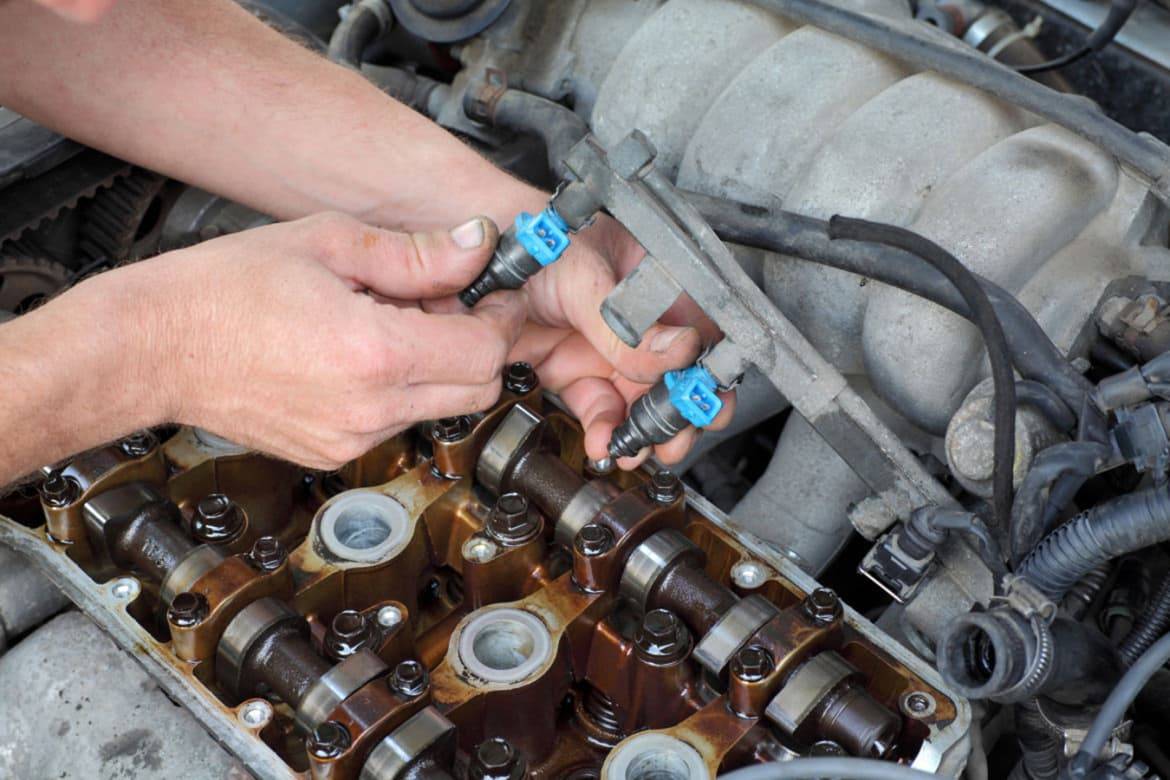Fuel injection is a technology that uses electronic sensors to control the flow of fuel and air into an engine. The most common type of fuel injection is carburetor injection, which uses a pump to deliver fuel to the air-fuel mixture in the cylinders. Get to know more about Fuel injection services via http://wqusa.com/ .

Image Source=Google
Injectors spray the fuel into the engine's intake valves, which opens the valve and allows air to enter the cylinder. The air-fuel mixture then starts burning, producing energy that can be used to power the vehicle.
Types of fuel injection systems
There are a variety of types of fuel injection systems, each with its own advantages and disadvantages. Here's a quick overview of the most common types:
Conventional Injection: Conventional injection systems use a centrally located pump to deliver fuel to the engine. This system is generally simple and reliable, but it can be prone to inefficient use of fuel and poor emissions performance.
Direct Injection: Direct injection systems inject fuel directly into the combustion chamber, eliminating the need for a pump. This system is more efficient and capable of higher engine speeds, but it can also be more expensive and require more complex maintenance.
Port Injection: Port injection systems inject fuel into ports located near the air-fuel mixture converter. This system is comparatively simpler than direct or indirect injection systems, but it can suffer from poorer emissions performance due to reduced efficiency in the combustion process.
Benefits of fuel injection systems
1. Improved fuel economy. With fuel injection, engines can more accurately control the amount of fuel being injected into the cylinders, which can result in improved fuel economy.
2. Reduced emissions. Fuel injection systems help reduce emissions by controlling the air/fuel mixture at the engine, which reduces the amount of air pollution produced.
3. Improved performance. With better control over the air/fuel mixture, fuel injection systems can improve performance by allowing engines to run at higher rpm and higher torque settings without sacrificing fuel efficiency
